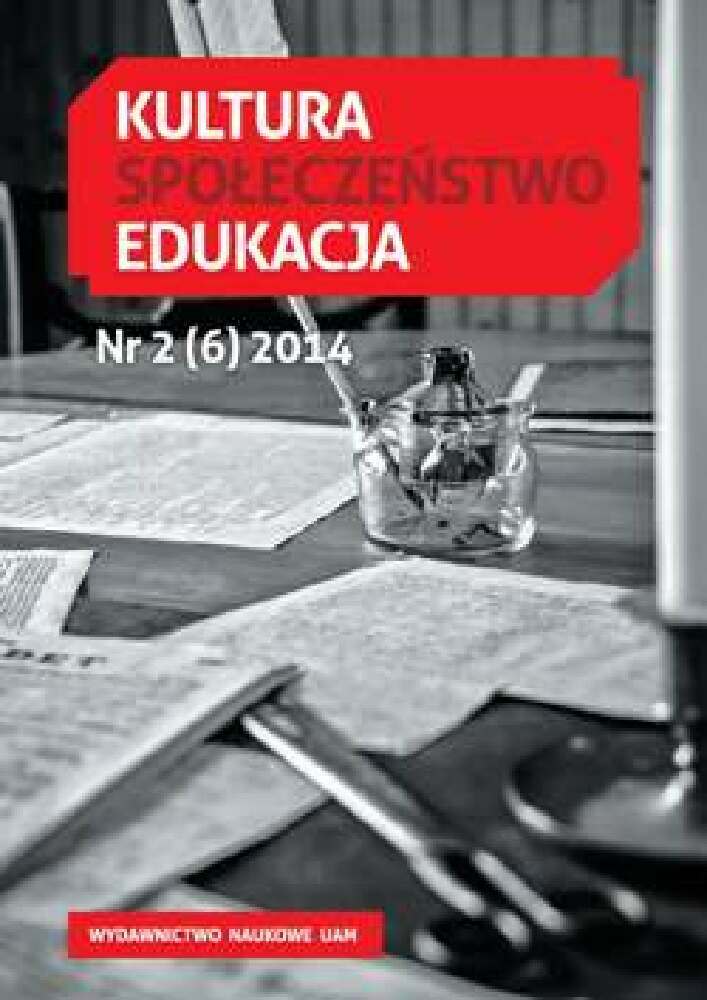Abstrakt
As statistics in Poland show, more and more younger people reach for alcohol and, what is more, they struggle to control their drinking. This often leads to a number of serious consequences for all health, economic, psychological, and social ones. They include beatings, injuries, loss of material property or even conflict with the law. Uncontrolled chemical intoxication may even lead to the long-term consequences which is e.g. addiction to alcohol. In some countries, they apply a form of assistance to people drinking in a risky way, and not only to them, which is aimed at the acquisition of skills for controlling alcohol consumption. There are used a number of methods and progressive stages of dealing with the client, so that he or she would learn controlled drinking. Therefore, not only this article briefly presents the causes and mechanisms of addiction resulting in the wide range of consequences, but also is the proposal for a strategy of assistance for young adults focused on the acquisition of skills in controlling the use of alcohol, as well as shows the results of the effectiveness of this form of assistance in some countries in the world.Bibliografia
Cierpiałkowska L., M. Ziarko. 2010. Psychologia uzależnień. Alkoholizm. Warszawa.
Grzybowski A. 2005. „Alkoholizm – stale aktualny problem zdrowotny społeczeństwa Polskiego. Aktywność samorządu w zakresie profilaktyki alkoholowej”. Nowiny Lekarskie 2 (74): 244-250.
Jędrzejko M., A. Neroj, K.A. Wojcieszek, A. Kowalewska. 2009. Teorie uzależnień od substancji psychoaktywnych. W Współczesne teorie uzależnień od substancji psychoaktywnych, 77-155. Pułtusk - Warszawa.
Klingemann H. 2006.” Picie kontrolowane: badania naukowe, doświadczenia płynące z praktyki oraz debata publiczna w Szwajcarii i Niemczech”. Alkoholizm i Narkomania 3: 250-283.
Kozielecki J. 1995. Koncepcje psychologiczne człowieka. Warszawa.
Margasiński A. 2010. Rodzina alkoholowa z uzależnionym w leczeniu. Kraków.
Mellibruda J., Z. Sobolewska-Mellibruda. 2006. Integracyjna psychoterapia uzależnień. Warszawa.
Miller W.R., R.F. Muñoz. 2006. Picie kontrolowane. Sposoby na umiarkowanie, przeł. K. Mazurek. Warszawa.
Niewiadomska I., M. Sikorska-Głodowicz. 2004. Alkohol. Lublin.
Ostaszewski K. 2005. Podstawy teoretyczne profilaktyki zachowań problemowych młodzieży. W Diagnostyka, profilaktyka, socjoterapia w teorii i praktyce pedagogicznej, 111-137. Bydgoszcz.
Peele S. 1992. “Alcoholism, Politics, and Bureaucracy: The Consensus Against Controlled-Drinking Theraphy in America”. Addictive Behaviors 17 (1): 49-62.
Rosenberg H. 2007. „Teoretyczne wyjaśnienia picia kontrolowanego”. Alkoholizm i Narkomania 1: 45-54.
Seligman M.E.P., E.F. Walker, D.L. Rosenhan. 2003. Psychopatologia, przeł. J. Gilewicz, A. Wojciechowski. Poznań.
Stanton P. 1983. “Through a Glass Darkly. Can Some Alcoholics Learn to Drink in Moderation? The Answer, at least in this Country, May Be More Political than Scientific”. Psychology Today 17: 38-42.
Szmachowiec J., J. Kucharska-Mazur, A. Szmachowiec. 2011. „Uzależnienie od alkoholu: od neurobiologii do nowoczesnej terapii”. Alkoholizm i Narkomania 2: 117-123.
Sztander W. 1997. Poza kontrolą. Warszawa.
Woronowicz B.T. 2008. Na zdrowie! Jak poradzić sobie z uzależnieniem od alkoholu. Poznań.
Woronowicz B.T. 2009. Uzależnienia. Geneza, terapia, powrót do zdrowia. Warszawa.
Zaworska-Nikoniuk D. 2001. Metody pomocy i samopomocy w uzależnieniach. Toruń.
Licencja
Prawa autorskie (c) 2017 Dorota Dolata

Utwór dostępny jest na licencji Creative Commons Uznanie autorstwa – Bez utworów zależnych 4.0 Międzynarodowe.
